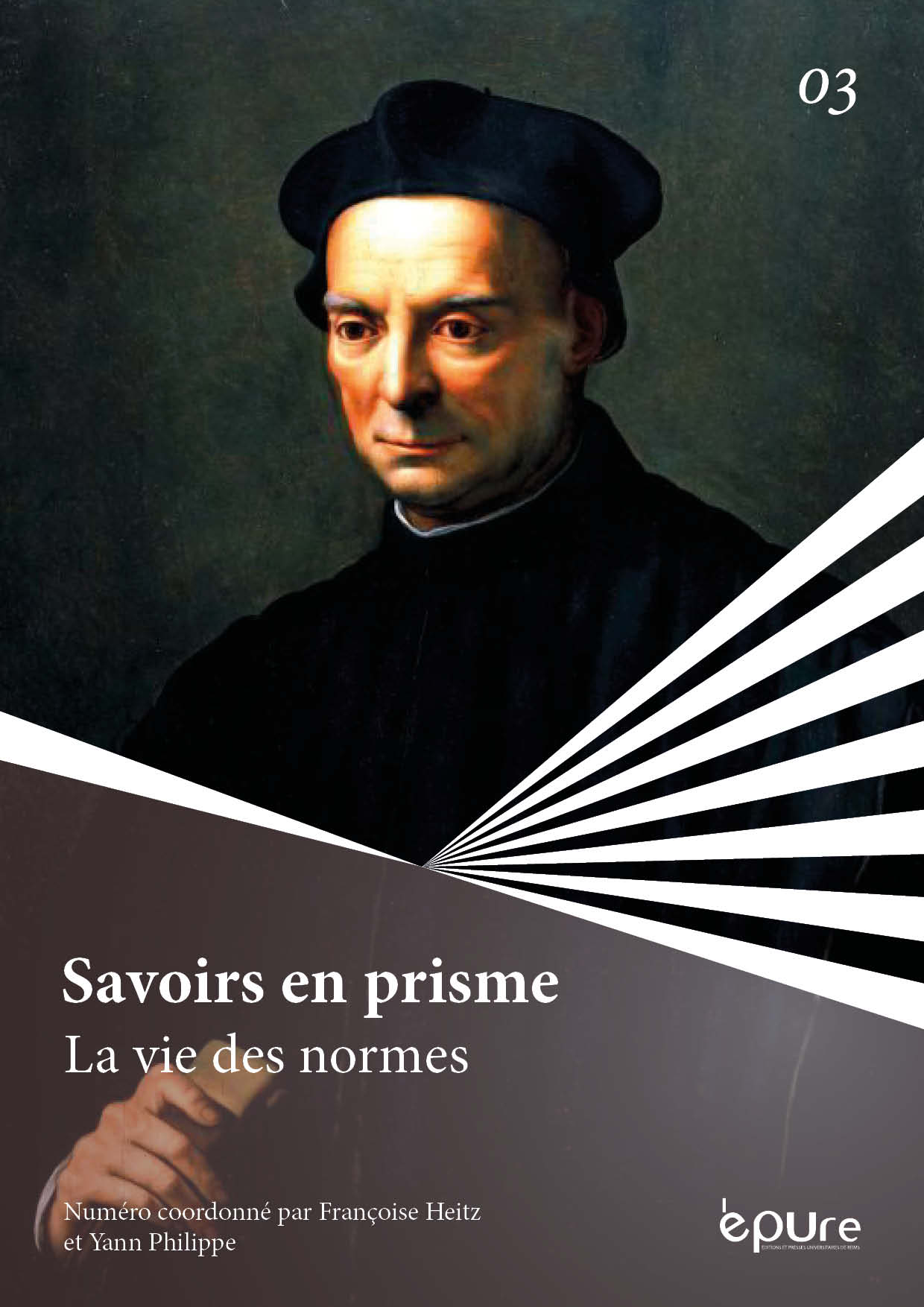Louise Labé : sodalité expansive et individualité singulière, la formation d’une autorité poétique (féminine)
Abstract
Considering the dominant concepts of achieving poetic authority in the Early Modern period, the following paper attempts to enlighten the position of the most famous female Petrarchist in France, Louise Labé. In order to obtain glory and success in the poetic agon of imitation, early modern poets aim to stage themselves ostentatiously as author-figures in their texts, whilst relying on a powerful and singular image of themselves on one hand and on a social and cultural contextualization on the other hand. These two functional dispositifs, to be called “singularisation” and “sodalisation”, are basically found in Labé’s poetic oeuvre. She presents herself both as an exceptionally affected loving woman, recurring to the literary topics of Latin love elegy and the features of Italian female Petrarchism and in the mean time she endeavours to be the leading authority within an extensive community, consisting not only of the other women but also of the cultural nobility in general. The exceptional prominence of inner passion in Labé’s work finally reaches beyond literary traditions and exploits the terrain of a nearly modern form of psychic individuality which might be the key to her long lasting success and glory.
Copyright (c) 2020 Savoirs en prisme

This work is licensed under a Creative Commons Attribution-NonCommercial-ShareAlike 4.0 International License.


